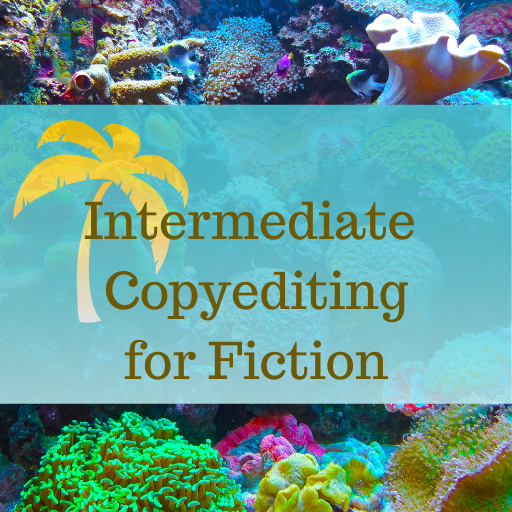Making Editorial Decisions in a Copyedit
A book editor needs to get comfortable making editorial decisions in a copyedit. Don’t shift the editorial burden back to the author.
Copyediting requires decision-making
Obviously, we can’t ask the author to make decisions about every question we have when we’re editing. This is inefficient as it takes time to ask the question and get an answer. It also tends to shift the editorial burden to the author; they hired us to edit the manuscript, not to pelt them with questions about how to edit it every fifteen minutes.
But if we’re not careful about considering authorial intention, the AU will stet our changes instead of accepting them, which is a waste of time for everyone.
A common approach newer copy editors take to avoid this is to pepper the ms with queries telling the author what they should do: “I recommend closing up all the em dashes.”

Commit to making editorial decisions
But the author has hired the editor to do that. (This is what I mean about shifting the editorial burden back to the author.)
We have to make a decision and then implement it.
In development, we don’t worry too much about authorial intention: we see what’s on the page and respond to that. Instead of having queries that say something like, “Do you mean for Malcolm to come across as so aggressive?” (which is an intention question), we have queries that say something like, “Malcolm is coming across as quite aggressive here. It may turn readers off to the character. Another way to show his frustration is to have him start an argument instead of punching the wall. This would make him less unlikeable to readers.”
This approach is more problematic in copyediting because the author is expecting us to actually make the necessary changes: “Did you mean to repeat this word here?” is just as problematic in CE as it is in DE.
But in CE, the alternative approach—“If you meant for this to be repetitive, go ahead and keep it. If you didn’t, delete the repetition”—is a problem because, again, the AU is expecting the CE to do the editing.
For most issues, I assume that the author intends it and make my decisions from there. For example, if an AU repeats phrases, I’ll assume that’s intentional:
“She’s beautiful but broken,” Marcus said.
Beautiful but broken. It seemed like a harsh assessment of someone he barely knew.
Beautiful but broken. I hoped he didn’t think the same thing of me.
In this case, wondering whether the author intends the repetition is counter-productive. They almost certainly do, and we should treat it as such.
Does it work to emphasize the narrator’s reaction to the comment? If so, then you would let it stand. If you felt like it was too much (especially the third “beautiful but broken”), then you could recommend the author remove it (in a medium copyedit) or remove it yourself (in a heavy copyediting). In a light copyedit, we wouldn’t worry about this.
Other Helpful Content
-
Get the Support You Need
How do you get the support you need as a writer? Well, here’s how to know when it’s not the support you need. Get the Support You Need: A Little Horror Story When I was an acquisitions editor, I heard from an author who wanted to pull her book from publication because her friends had…
Join the Club!
New to story editing? Begin at the beginning.


